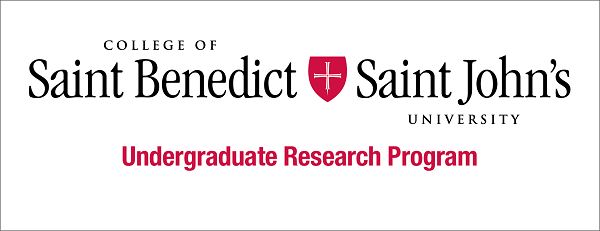Document Type
Thesis
Publication Date
3-24-2022
Disciplines
Biology | Medicine and Health | Social and Cultural Anthropology
Advisor
Ellen Block, Manuel Campos
Abstract
The SARS-CoV-2 virus has rippled throughout every aspect of society and influenced how we live, breathe, and interact with one another. The purpose of this thesis is to explore the interdisciplinary biosocial impacts of the SARS-CoV-2 virus and the resulting disease, COVID-19. In order to understand the complexities of caregiving during COVID-19, we conducted 75 semi-structured interviews with 55 healthcare providers across 18 states over a span of two years. This research assesses how COVID-19 risk mitigation strategies were designed with the primary intention to stop the spread of the virus rather than account for the longer-term social and biological consequences. In particular, this thesis discusses three areas in healthcare: workplace reorganization, delayed and deferred care, and death & dying. In these areas, new protocols were implemented that prioritized reducing proximal biomedical risk (largely preventing spread and preparing for surges of COVID-19 patients) over accommodating for long-term biological and social consequences. To address public health crises more comprehensively, we must facilitate conversations across disciplines to create collaborative and innovative public health risk mitigation strategies. Additionally, we must incorporate pandemic preparedness into healthcare systems at all levels. Finally, we must improve our health communication skills to promote greater public understanding and support of risk mitigation strategies. By recognizing the complexities of risk and the interconnectedness of the biological and social consequences of infectious disease, we can better respond to the public health issues of today and tomorrow.
Recommended Citation
Savard, Grace, "Rethinking Public Health Risk Mitigation Strategies: Recognizing the Biosocial Nature of COVID-19" (2022). CSB and SJU Distinguished Thesis. 23.
https://digitalcommons.csbsju.edu/ur_thesis/23

